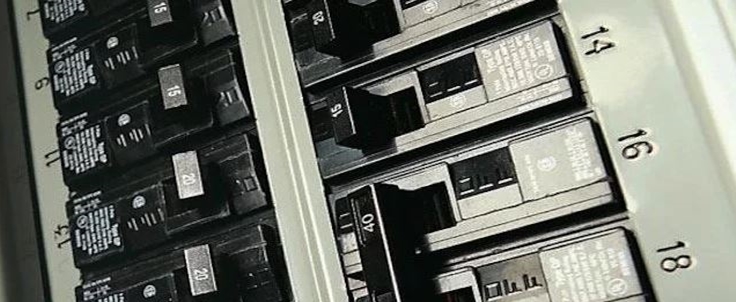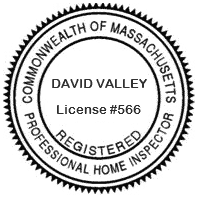Massachusetts Home Inspections YOUR INVESTMENT IS MY CONCERN

Circuit Breakers

Inside your Massachusetts home, you’ll find a circuit breaker electrical panel that houses breakers for each of your home’s electrical circuits. Some homes may have multiple panels, including one or more sub-panels in addition to the main electrical panel. These sub-panels are typically located in other areas of the property to distribute power more efficiently.
Circuit breakers serve as a crucial safety feature by protecting your electrical circuits. They automatically stop the flow of electricity if an overload or fault occurs. When a breaker detects a fault or the electrical load exceeds its capacity, it “trips” — shutting off power to that specific circuit. While the term “blown fuse” is sometimes still used, it refers to the older fuse technology that circuit breakers have largely replaced.
How to Reset a Circuit Breaker?
Before restoring electricity, the circuit breaker must be reset. However, it’s essential to ensure it is safe to do so. First, turn off or unplug all devices connected to the tripped circuit. Carefully inspect the area to confirm no hazardous conditions exist before attempting to restore power.
A tripped circuit breaker will have its control toggle positioned either in the middle or in the "OFF" position. To reset it, locate the tripped breaker, push the toggle firmly to the "OFF" position, and then switch it back to the "ON" position. This should restore electricity to the circuit.
If the breaker trips again without anything being turned on or plugged in, it could indicate a faulty breaker or a more serious wiring issue. In this case, do not attempt to reset it again. Contact a qualified licensed electrician immediately.
If the power is restored but the breaker trips once more after using a device, that device may have a short or may be overloading the circuit. Additionally, if no breakers appear to be tripped but an outlet is still without power, there may be a wiring fault, a defective outlet, or it could be part of a GFCI-controlled branch circuit. For further guidance on checking a GFCI outlet, refer to my GFCI web page.
Here is what my clients have to say about my home inspection services:
Press F5 (on your keyboard) for additional testimonials
Dave,
I want to thank you for doing my home inspection. I appreciated your extremely detailed documentation and will certainly use you for any other home inspection needs if i ever have them.
Aaron














